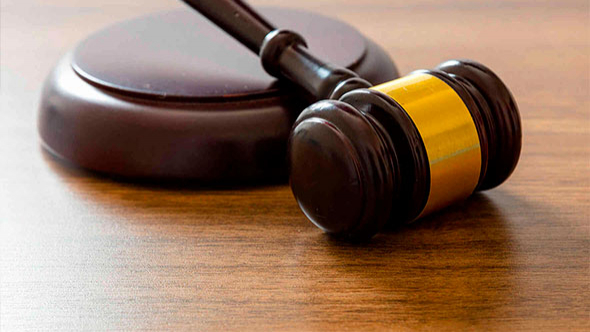Accidents happen when we least expect them — whether it’s a car crash, a slip at the grocery store, a medical mistake, or an injury at work. When these situations leave you hurt, the costs can add up fast: medical bills, time away from work, and the stress of figuring out what comes next.
One way to ease this burden is by seeking compensation. A fair settlement can help cover your losses and support your recovery. But before you accept any offer, it’s important to know your rights. Without the right advice, you could settle for less than you deserve — or worse, miss out on compensation altogether. This is why talking to an experienced personal injury lawyer is always a smart first step.
Does Your Injury Qualify for a Personal Injury Claim?
The law is designed to protect people who get hurt because of someone else’s carelessness or poor decisions. If another person, company, or business was responsible for your injury, you may have a valid claim. The goal is to help you recover, not just physically, but financially and emotionally, too.
- A successful claim often covers things like:
- Medical expenses
- Lost wages from missed work
- Pain, stress, and emotional struggles
- Sometimes, extra compensation to hold the at-fault party accountable
But not every injury qualifies. One of the key questions is whether the other party owed you a “duty of care.” For example, hotels should warn guests if a floor is wet after mopping. If they fail to do so and you fall, this could be grounds for a claim.
An experienced attorney can help you figure out whether your situation meets the right conditions to move forward.
Deadlines Matter: The Statute of Limitations
Timing plays a crucial role in personal injury claims. The law gives you a limited window to file a case, known as the statute of limitations.
In Nevada, most personal injury cases must be filed within two years from the date of the accident. But there are exceptions. If your injury wasn’t obvious right away — for example, a medical issue that shows up months later — the clock usually starts when you discover the injury. If the injured person is a minor, the countdown doesn’t begin until they turn 18.
Missing these deadlines can mean losing your right to compensation, so speaking with a lawyer early can help you stay on track.
Building a Strong Case: How an Attorney Helps Protect You
If you’re thinking about filing a personal injury claim, having a lawyer by your side can make all the difference. Their job is to protect your rights, guide you through the process, and give you the best shot at fair compensation.
A lawyer will:
- Look closely at the details of your case
- Identify who is responsible for your injury
- Collect evidence and organize documents
- Work with experts if needed
- Estimate the full value of your losses
- Handle negotiations with insurance companies
- Prepare to go to court, if needed
Settlements: The Value of Waiting for the Right Offer
Most injury cases are settled before reaching the courtroom. Reaching a settlement can help you avoid wasting time, extra costs, and unnecessary stress. But you should never rush into an agreement, especially if the offer comes directly from an insurance company. Insurers often aim to settle quickly — and for less than your case is truly worth.
A seasoned lawyer knows how to negotiate and fight for the full amount you deserve, so you’re not left covering costs out of your own pocket later.
When Cases Go to Trial
Sometimes, no fair agreement can be reached, and the case has to go to trial. While the idea of standing in court can feel intimidating, your lawyer will handle the legal work and help you prepare, so you can face the process with confidence.
How Payment Works: Contingency Fees
Concerned about the expense of hiring a lawyer? That’s a common worry. The upside is that many personal injury lawyers use a “contingency fee” arrangement, so you won’t have to pay anything upfront. Your attorney only collects a fee if your case is successful, earning a percentage of the settlement or court verdict.
Before signing anything, make sure you understand the fee arrangement so there are no surprises later.
Why Legal Help Matters After an Injury
Facing an injury is hard enough without the added stress of legal paperwork and negotiations. A trusted attorney can give you peace of mind, explain your options clearly, and make sure you aren’t taken advantage of by insurance companies or the other party.
The sooner you get legal advice, the better your chances of building a strong case — and getting the compensation you deserve.









